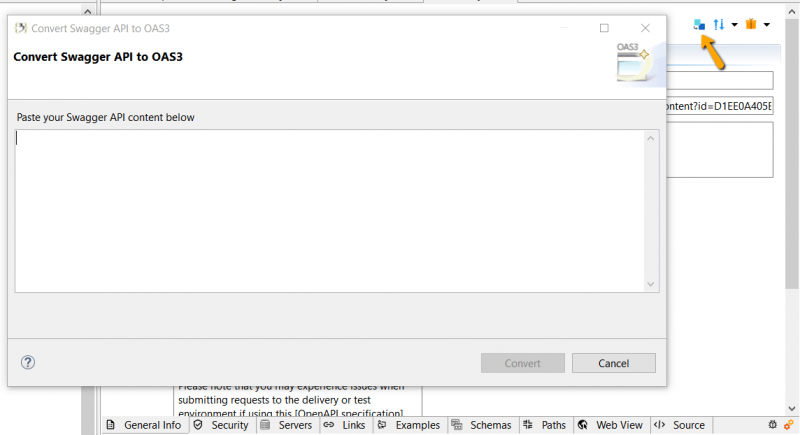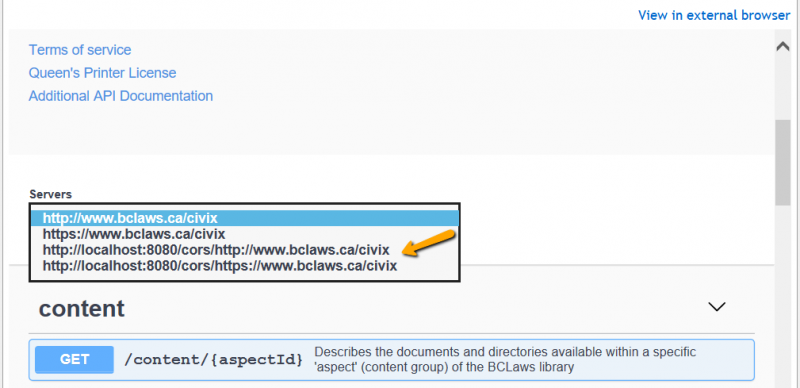What’s in it for you?
- ​Convert Swagger APIs to OAS specifications.
- Circumvent CORS restrictions.
- Additional refinements make your job easier and more enjoyable!

Convert Swagger API to OAS specs
Now you can directly and easily convert Swagger-2 APIs to support the latest OAS-compliant specifications within our Remain API Studio, saving you time otherwise spent on unnecessary pre-studio conversion steps.
Circumvent CORS restrictions
Bypass the chaos while testing your APIs via the Web. Now you can effectively avoid cross-origin resource sharing (CORS) restrictions by tunneling requests through a local server. Fetch APIs, deploy fonts and more without the standard cross-site-request frustrations.

Remain Software’s API Studio customers, head to our Remain API Wiki page now for all the enhancements in this new release.
Not a customer yet? Contact us now for more information.
As always, we’re happy to help you embrace change and remain in control through the growth, evolution and development of your business.
You’re on your way.
And we’re prepared for your next step.